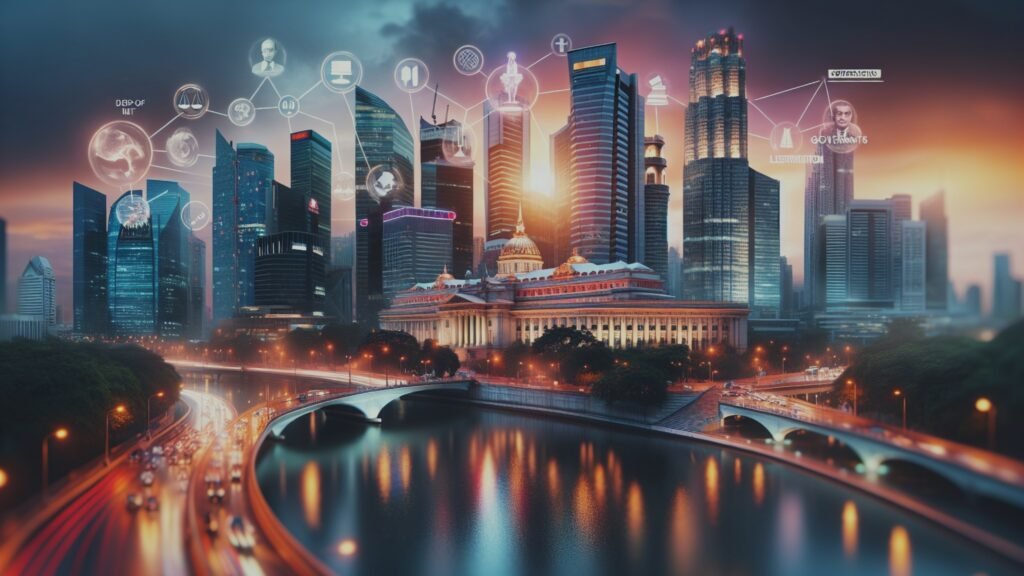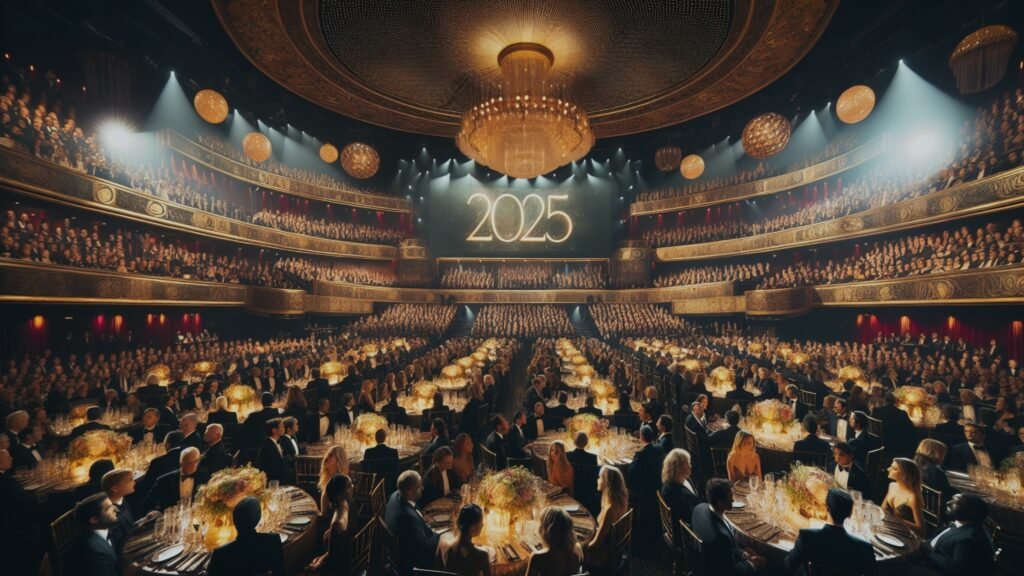Dubai’s real estate scene is already iconic—soaring skyscrapers, luxury waterfront mansions, and extravagant island properties. But as the city continues to evolve, a new concept is taking shape: AI-driven longevity communities—residential ecosystems that use artificial intelligence to promote a longer, healthier, and more balanced life.
These futuristic communities go beyond traditional amenities to offer personalized health monitoring, nature-integrated spaces, and urban designs focused on physical and mental well-being. As the UAE’s population ages and global health consciousness rises, longevity-focused living is rapidly becoming the next big trend in real estate.
What Are Longevity Communities?
Longevity communities are urban environments designed to enhance the health, well-being, and lifespan of their residents. Powered by AI and cutting-edge health technologies, these spaces integrate:
- Smart homes equipped with health-monitoring systems
- Green infrastructure for mental and physical benefits
- Personalized wellness services
- Low-emission, pedestrian-friendly urban planning
These communities are not just about comfort—they are scientifically designed to prevent illness, reduce stress, and support proactive health management. According to the Dubai Health Authority, the population over 60 is expected to rise by 29% by 2050, making longevity-focused development a timely and strategic move.
The Role of AI in Real Estate Wellness
Artificial Intelligence lies at the heart of this revolution. In AI-driven longevity communities, technology is embedded into every layer—from planning to daily life:
- Predictive Urban Planning: AI models forecast residents’ needs, optimizing layouts, transportation, and even air quality.
- Smart Homes: Homes are equipped with biosensors to monitor vital signs, sleep patterns, and more. These systems can alert emergency services automatically if a health anomaly is detected.
- Customized Lifestyle Recommendations: AI assistants suggest nutrition, hydration, and physical activity routines based on real-time data.
- Sustainability Enhancements: AI optimizes energy use, manages urban farms, and maintains air and water purity.
This transformation changes how we view homes—from static shelters to dynamic environments that promote well-being and longevity.
Why Now? The Post-Pandemic Shift in Buyer Mindset
The COVID-19 pandemic was a turning point in global health awareness. It shifted buyer preferences from luxury alone to purposeful wellness. Homebuyers are now more inclined to invest in properties that offer:
- Cleaner air and noise-free zones
- Access to nature and green spaces
- Personalized healthcare access
- Community-based support systems
These priorities have accelerated the demand for wellness-centered developments—especially among affluent families, health-conscious professionals, retirees, and expatriates.
Features Defining Longevity Communities
Longevity communities focus on holistic well-being and offer a wide range of specialized amenities:
- Nature Integration: Vertical forests, green rooftops, and AI-maintained gardens reduce stress and boost immunity.
- Fitness & Mindfulness: Advanced gyms, yoga studios, meditation zones, and walking trails promote daily movement.
- Wellness Facilities: Spa centers, on-site clinics, and preventive healthcare programs offer tailored health plans.
- Social Engagement: Community hubs foster a sense of belonging, reducing loneliness and enhancing mental well-being.
- Smart Infrastructure: Homes and buildings work actively to improve health outcomes—not just passively house people.
Kaminskiy of Deep Knowledge Group noted, “Cities will transform into longevity ecosystems—dynamic environments engineered for health, happiness, and a longer life.”
Market Demand and Buyer Behavior
Experts report a growing appetite for longevity-focused real estate in the UAE. Wellness is no longer a luxury—it’s becoming a standard expectation. According to recent market insights:
- 60–70% of new luxury developments in Dubai now include wellness-centric features
- Buyers are willing to pay a premium for homes that offer long-term health benefits
- High-net-worth individuals and young families are among the top investors
- Expatriates are increasingly drawn to these communities for the security, wellness services, and support networks
As Abdul Rahman of KASCO Developments explains, “Today’s buyers are less focused on large bedrooms and more interested in what a home can do for their health.”
Economic Opportunity for Developers
The shift toward longevity living presents a compelling opportunity for UAE real estate developers:
- Higher pricing potential: Premium wellness communities command top-tier prices.
- Faster sales: Homes with built-in longevity features tend to sell quicker.
- Long-term value: Wellness-focused developments retain and grow their value over time.
- Policy alignment: As UAE authorities support sustainable and healthy living, developers are incentivized to adopt wellness-based models.
Wissam Breidy of HRE Developments sums it up: “The all-encompassing living experience comes with a premium price tag, and the market is ready to pay it.”
The Future of Real Estate in the UAE
As the UAE continues to lead the region in innovation, AI-driven longevity communities are more than just a trend—they’re the future.
- Smart, sustainable, and health-focused living is reshaping urban planning.
- Technology and human-centered design will work hand-in-hand to support lifelong well-being.
- Wellness will become the new benchmark in evaluating a property’s value and appeal.
In the words of Kaminskiy, “Health is the new wealth—and the real estate of the future will integrate smart environments that enhance longevity and life quality.”
Conclusion
Dubai and the UAE have always been pioneers in luxury and innovation. Now, they’re setting a global example by transforming real estate into a vehicle for health, happiness, and human longevity. AI-driven longevity communities reflect a deeper shift in how we want to live—not just in style, but with purpose and well-being at the core.
Whether you’re an investor, a developer, or a health-conscious buyer, the message is clear: the future of real estate is not just smart—it’s alive.



